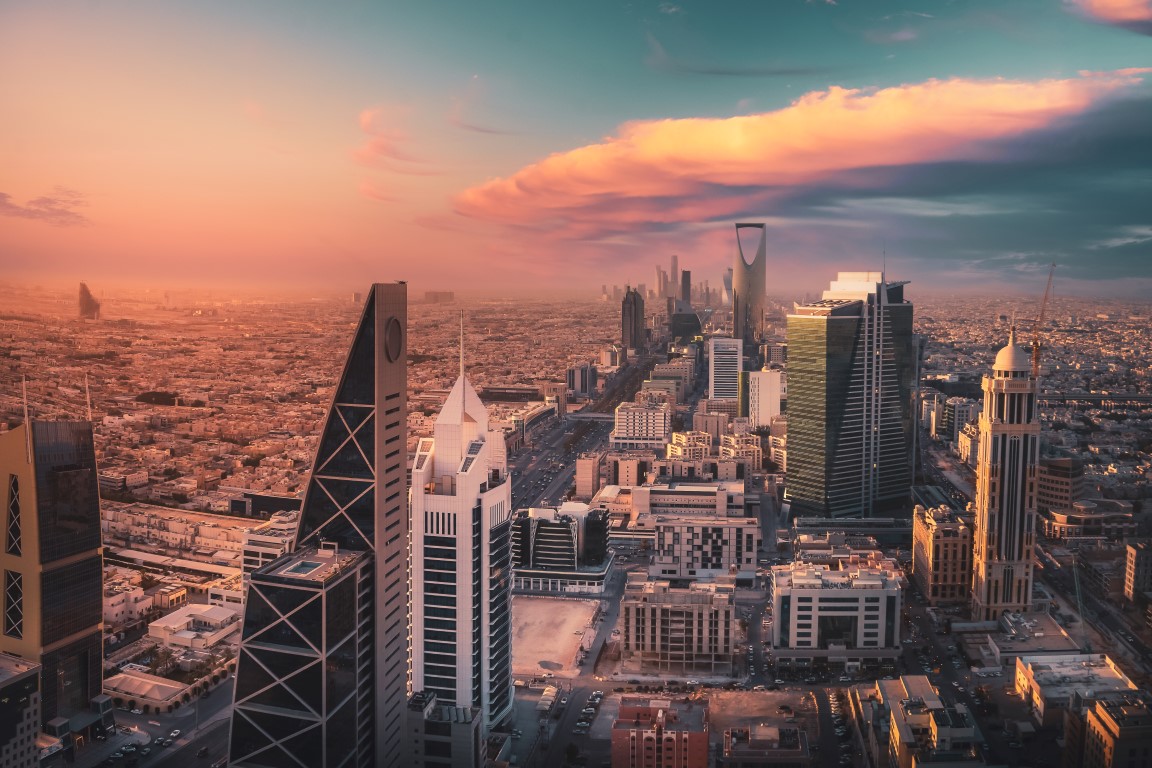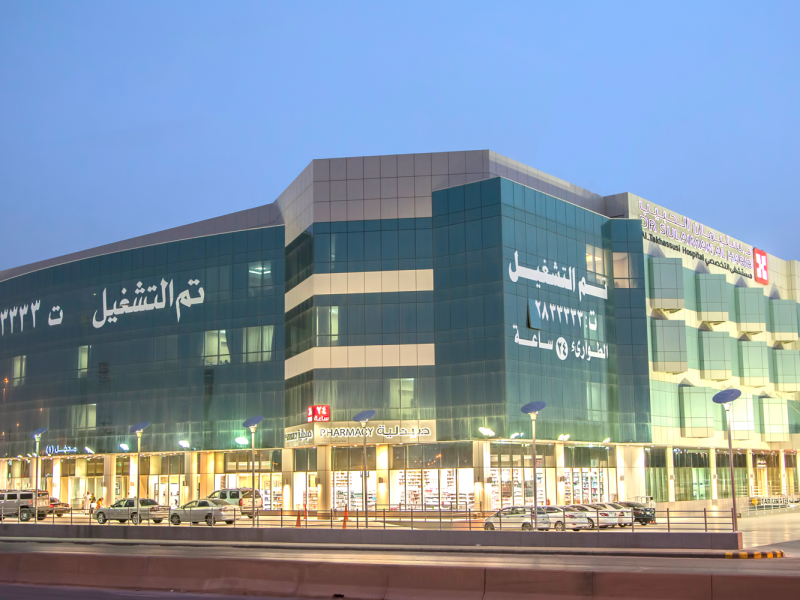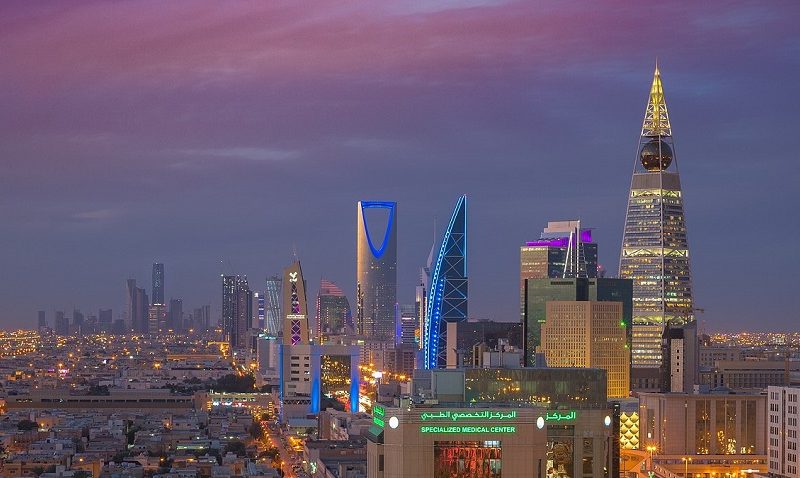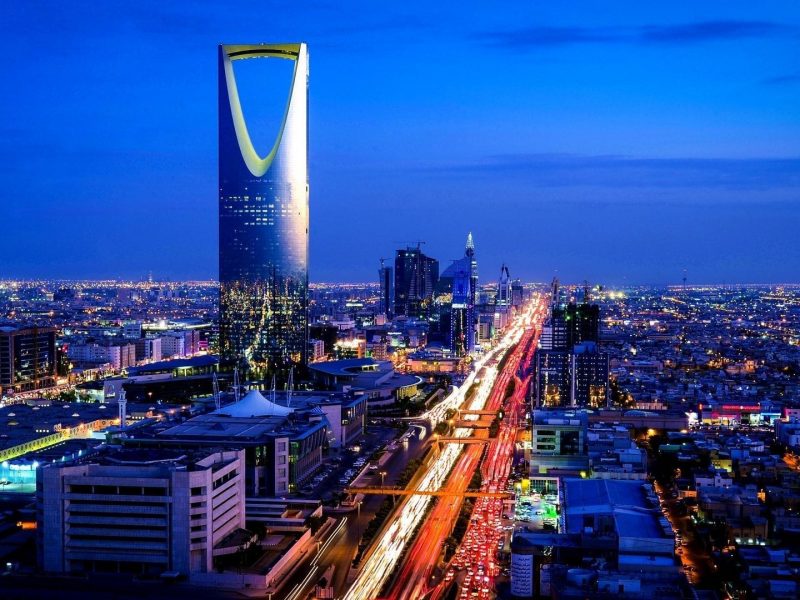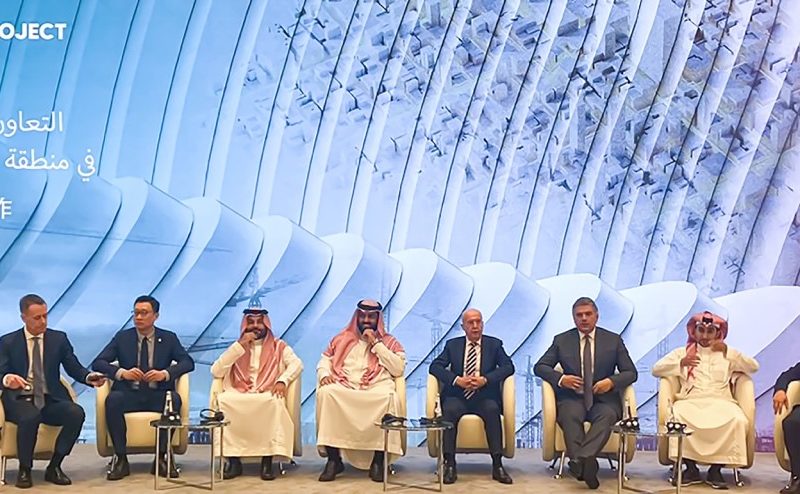Real estate, construction, and infrastructure projects, as well as the development of multi-billion dollar gigaprojects, are helping Saudi Arabia achieve its goals in keeping with the national vision.
In line with this, Construction Week Middle East has been closely following the growth of the construction and infrastructure sector in the kingdom, gaining insight and understanding of the nation’s long-term plans.
Construction Week Middle East’s KSA Infrastructure Summit 2022 brought together some of the most renowned names in Saudi Arabia to address the challenges and opportunities surrounding KSA infrastructure development.
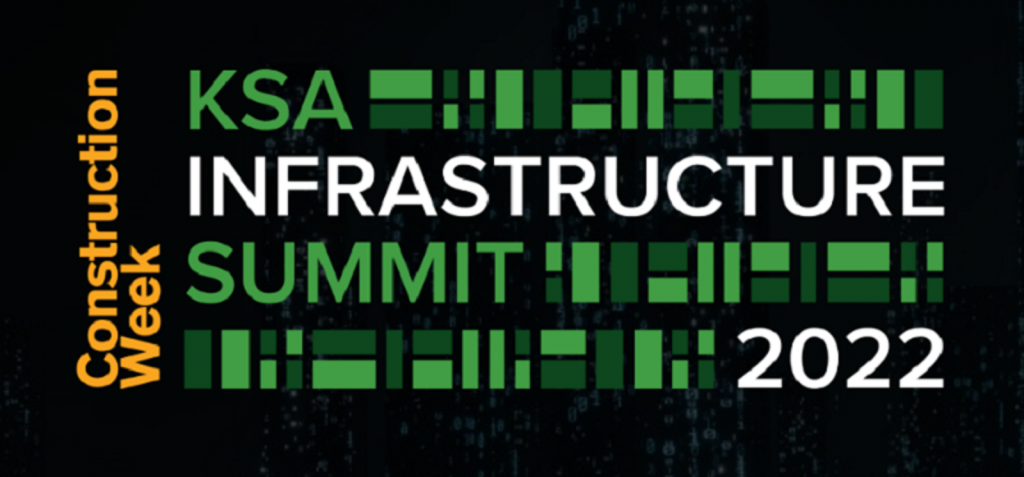
Over the past decade, Saudi Arabia has witnessed some of the highest scales of investments in transport and related infrastructure. This has been aligned with the kingdom’s economic reforms as a part of its national Vision 2030, which is aimed at strengthening its non-oil revenues.
Here’s a lowdown on the event highlights from the conference:
Keynote speech
The keynote speech was presented by Nasser Al Shawaf, a member of the board of Al Bawani Holding Company.
Nasser Al Shawaf shared his thoughts on how Saudi Arabia is becoming an opportune market, as well as highlighted how the country is driven not just by infrastructure but also by the journey towards a renewable future aligned with Vision 2030.
He also added on the topic of local recruitment and how it will help shape the kingdom. “We need genuine investment in human capital, the government is pushing us to recruit. This will shape the future, and improve the level of transparency and accountability.”
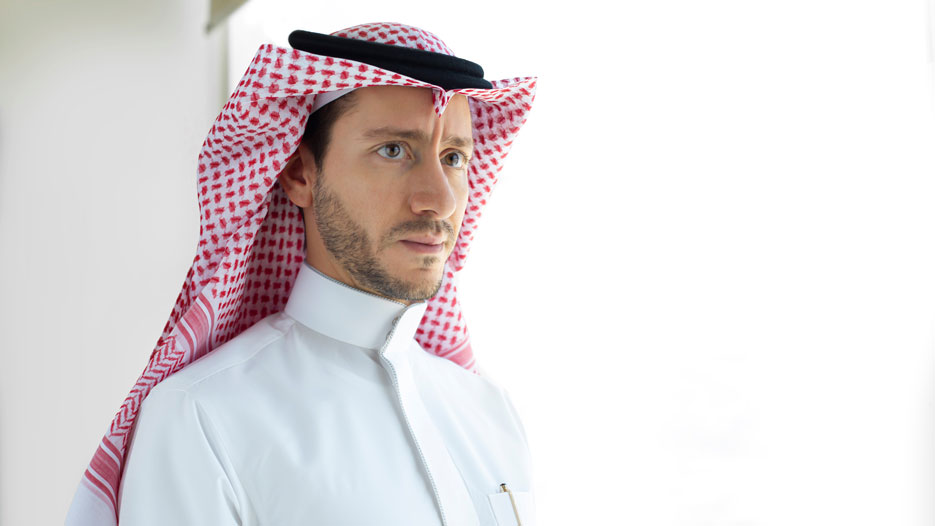
Panel 1: Building on Vision 2030
The first panel for the KSA Infrastructure Summit 2022 provoked discussion surrounding the advancement of infrastructure development in-line with Vision 2030.
The panel was moderated by Ranju Warrier, editor of Construction Week Middle East, and featured Christian Abrahamsen, vice president of transportation at Khatib & Alami. Kenny Linn, partner – capital project services leader, PwC Middle East, and Wael Issa Al Rashdi, business development director, MASAH Specialised Construction.
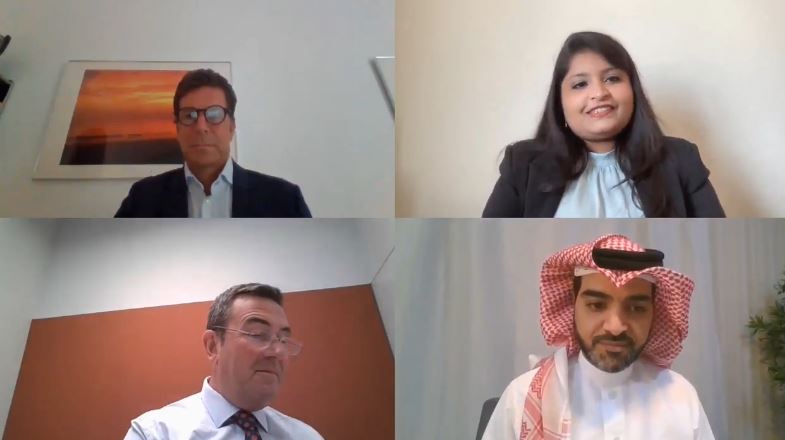
The panellists discussed how infrastructure projects will drive development and expand the kingdom’s growth ambitions.
Linn commented on the topic: “It is a very positive situation in the kingdom, I’ve never seen the boom we are seeing in the middle of Saudi Arabia. We are moving into the delivery phase of the vision and away from the strategising”
Abrahamsen touched upon the importance of transportation development on KSA infrastructure. “I think the Ministry of Transport is committed to decreasing the carbon emission, and the main goal set for the future, is to link the cities with the railway network.”
Panel 2: Opportunities and challenges of smart cities infrastructure
The KSA Infrastructure Summit 2022’s second panel highlighted the essential elements needed for smart city development and the challenges which are currently faced in its construction.
The panel was moderated by Ranju Warrier, editor of Construction Week Middle East, and featured Sameer Daoud, executive director of infrastructure, KEO International Consultants. Manal Sayed, senior director of geospatial systems integration (GSI) division, Khatib & Alami, and Omar Delawar, CEO, DHB Holding.
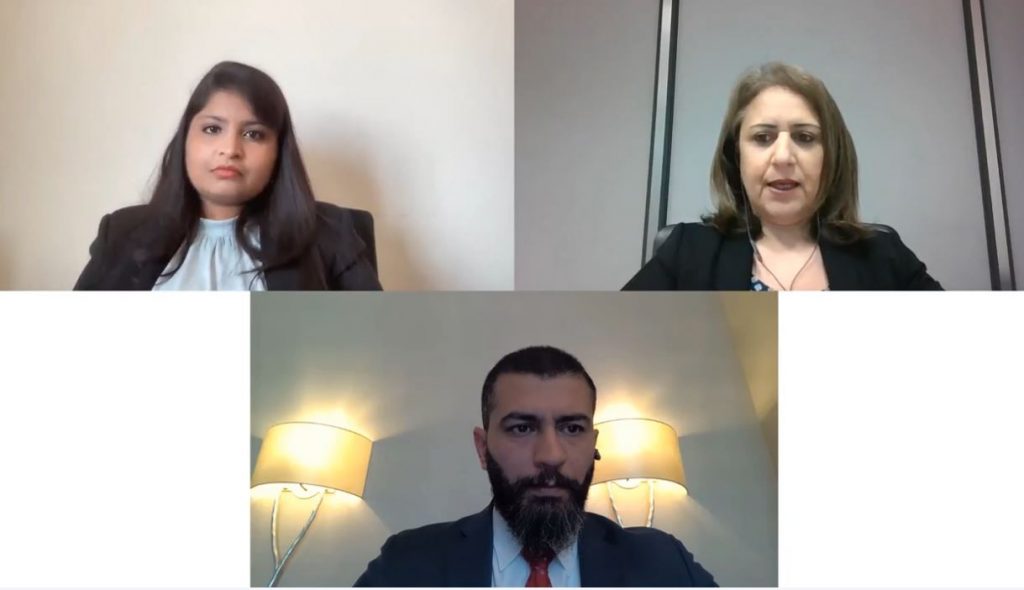
Delawar gave insights into the key features of a smart city. He said: “A smart city is a city which promotes sustainable practices and fights urban challenges, improving the quality of life. I think we need to achieve a smart economy, smart people, a smart environment and government, as well as smart living and mobility within the city.
“The foundation is ICT and digital transformation, if we look at KSA, the overall expenditure is over $30bn (SAR 112.5bn) in 2021. The government invested $4bn (SAR 15bn) in digital infrastructure and is currently developing 16 smart cities. ”
Daoud added to the discussion, highlighting: “Smart cities have never been mentioned in the vision, but if you read between the lines it is there. If we analyse the numbers, the investment value was at $3.5bn (SAR 13.1bn) and now it is projected to reach $14.7bn (SAR 55.1) by 2027. That is proof of what is happening in the Kingdom.”
Sayed concluded the second panel of KSA Infrastructure Summit 2022, saying: “I think sustainability is very important, as you cannot have a smart city that isn’t sustainable. There will be more pressure on existing services as the cities will grow. Technology will play a key role in creating a more efficient and cleaner place to live in.”
She added: “I think the most important word is integration, and connecting all the different components of the smart cities. This is crucial to support their infrastructure.”
Panel 3: Challenges of integrated infrastructure and modular construction methods
Panel three of the KSA Infrastructure Summit 2022 explored how the kingdom could alleviate challenges associated with constructing integrated infrastructure, whether social or transportation, by embracing innovative design techniques and modular construction methods.
The panel was moderated by Jane O’Neill, editor, Commercial Interior Design, and featured Sherif Bialy, director of infrastructure supervision, WSP Middle East, Waleed Khaled, sales director, Losberger De Boer, and Kintibye Idris, client development director, AECOM Middle East.
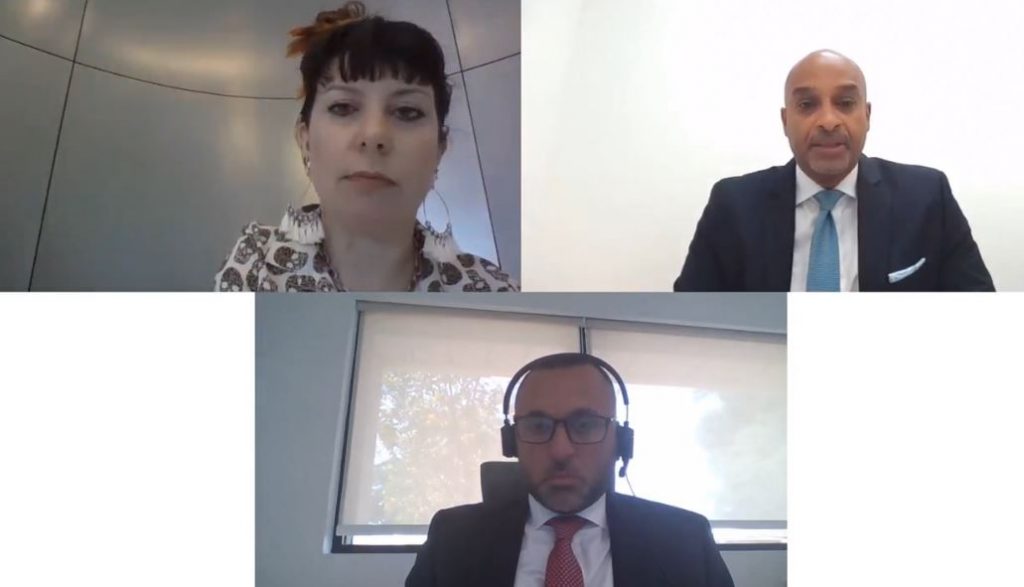
Khaled mentioned a challenge that is currently being faced in the developing sector, commenting: “We still have some lack of transparency between the entity, client, architects, and contractor, and it is a cycle which is very important to have under a collaborative process from the very beginning.”
Bialy touched upon the topic of gender equality, adding: “Women participation in the industry is empowering inclusiveness and better decision making, which is something that will bring a positive outcome.”
Ending on a positive note, Idris concluded the KSA Infrastructure discussion by mentioning local recruitment: “What I am seeing now is the investment in local talent, bringing excellent initiative and work ethic. They are contributing to the implementation of their own infrastructure!”
The event was supported by gold sponsors Al Bawani, Khatib & Alami, Naga Architects, and Losberger De Boer.

